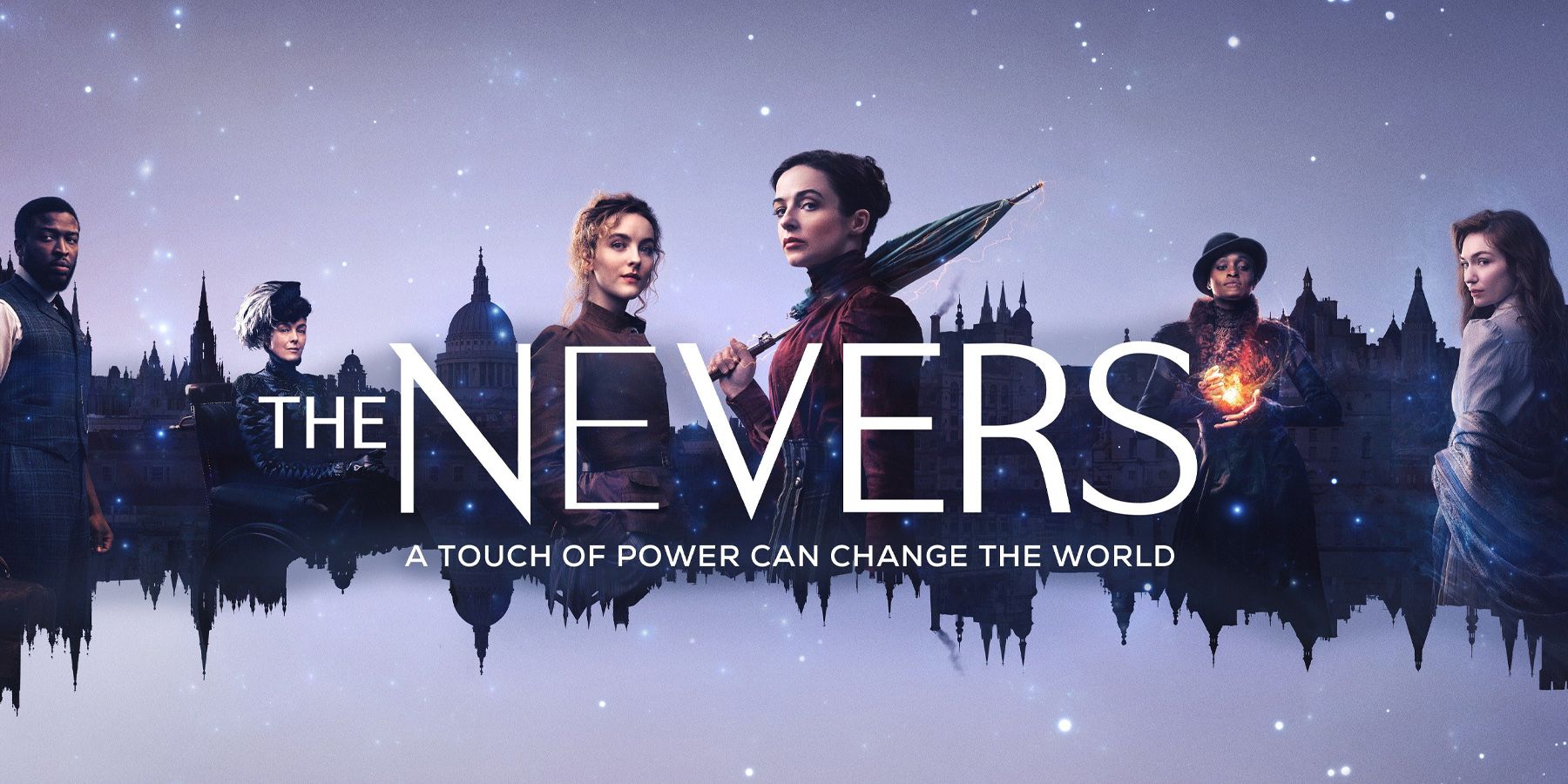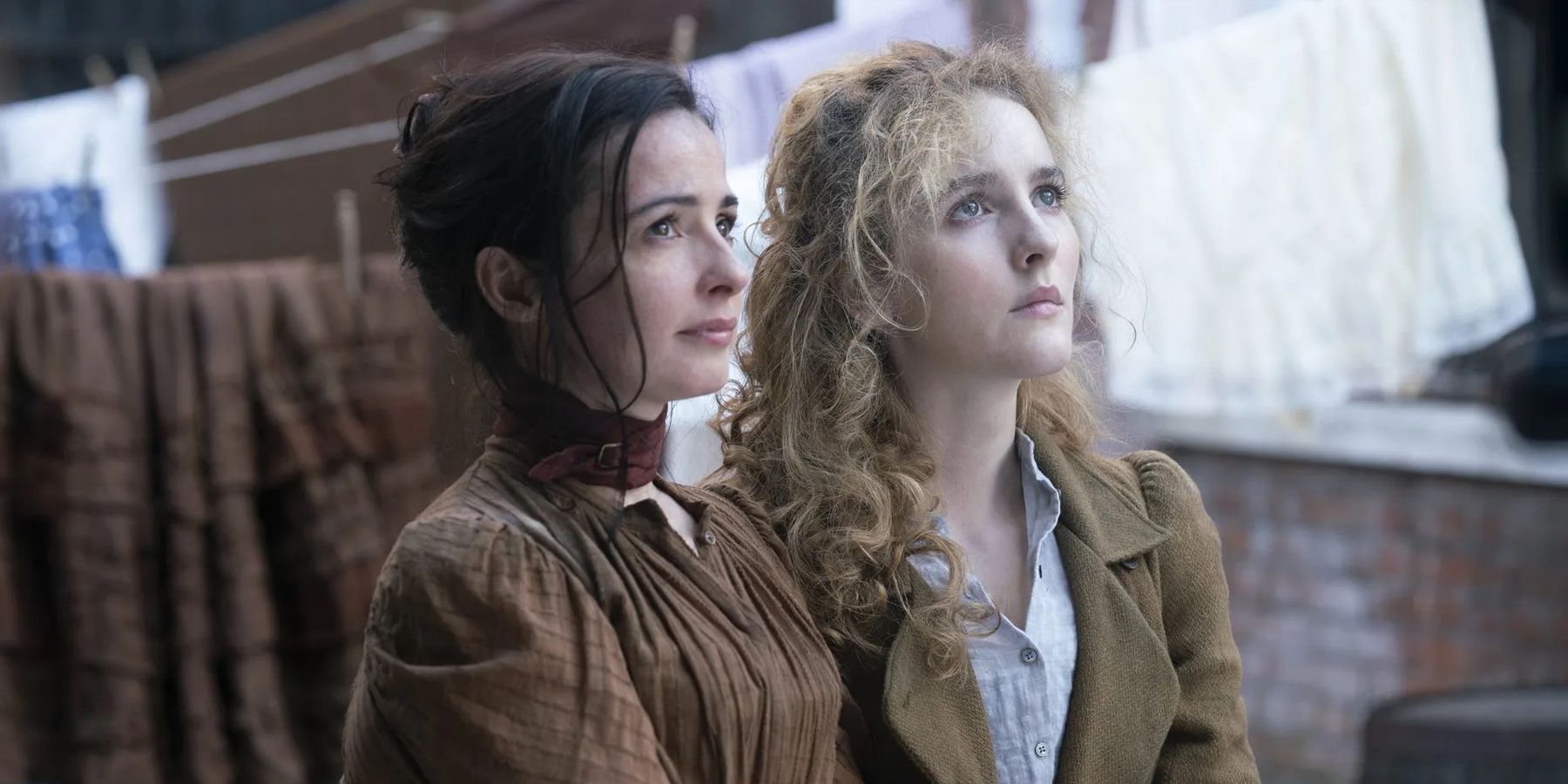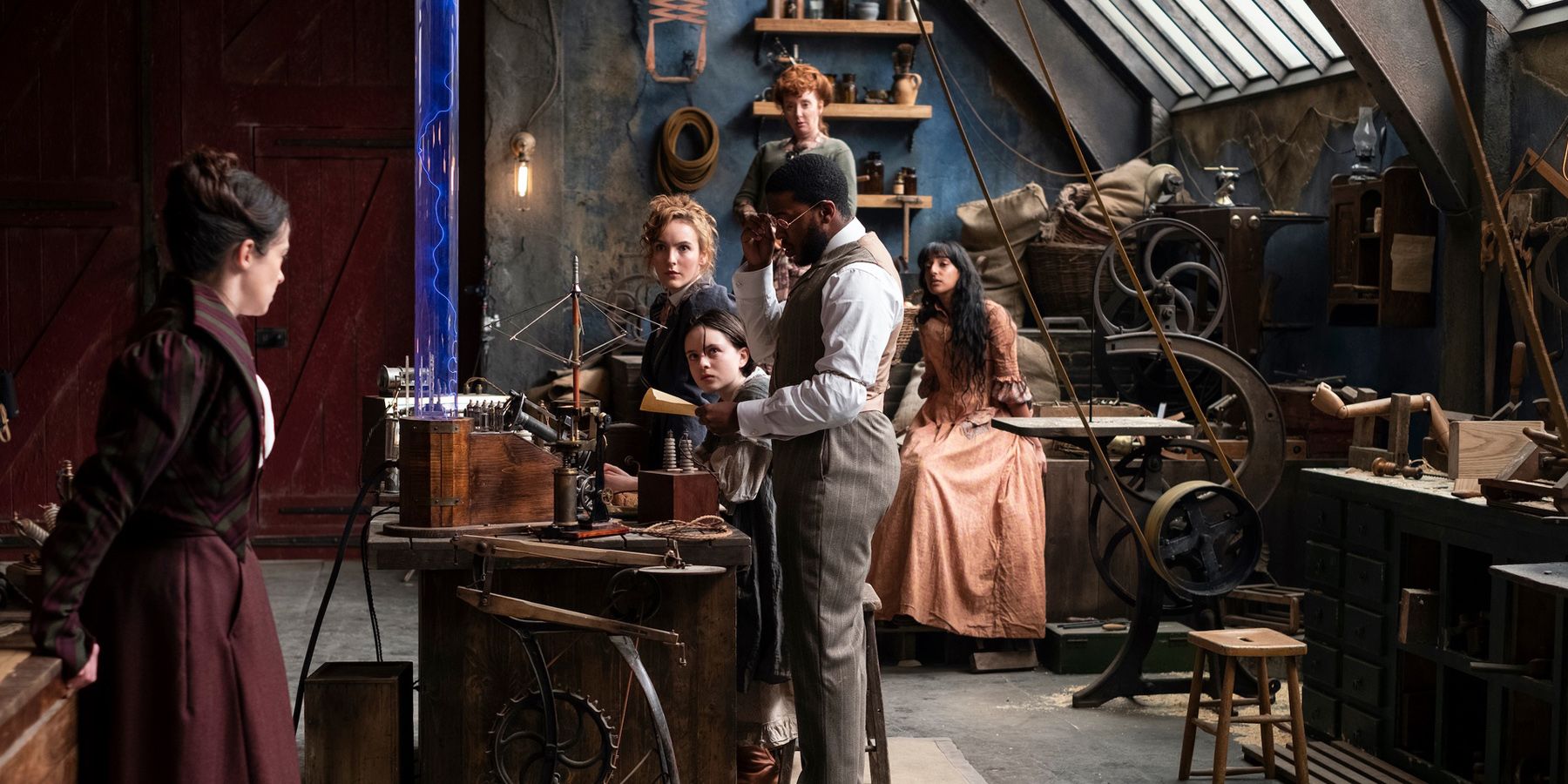In February, following an onslaught of allegations of toxic behavior on various sets — going back decades — Joss Whedon finally broke his silence in an interview with Vulture. The interview came too late to salvage Whedon’s reputation: the decades’ worth of rumors and reports that had been spilling out since 2017 had already forced Whedon to step down from his latest venture. Yet while the interview was deeply unsatisfying as either an apology or an explanation, it was nonetheless illuminating: suggesting a way that Whedon’s projects could endure, untainted by the tarnishing of Whedon’s personal and professional legacy. That is good news for HBO’s low fantasy/steampunk adventure series The Nevers, which now faces a tremendous task to remain unblemished by his disgrace.
There is no denying that Joss Whedon has built his career on the stories of women. From the title character in Buffy the Vampire Slayer to Firefly's Zoe Washburne to Dollhouse's Echo, strong women are the single constant anchoring a variety of low fantasy and science fiction premises. In the Vulture profile, Whedon admits to being fascinated with these characters because he identifies with them; indeed, it is easy to see how Buffy or Dollhouse doubles as nerd power fantasy (an idea which is also deconstructed, brutally and effectively, in Buffy’s sixth season). The Slayer, who is empowered by destiny is also fighting to live a normal life — couched in a world of vampires and demons is the basic story of modern society. Similarly, Dollhouse uses the premise of programmable people to meditate on agency and the idea of the self — female lenses dominate the narrative, but the story is for everyone.
Joss Whedon has also built his career on the labor of women. This includes visible women (i.e., the actresses who carried his shows to superstardom, in spite of the inhospitable sets that Whedon created, but it also includes the invisible women, the writers and producers who helped guide the shows and shape their own authorship. Buffy the Vampire Slayer’s later seasons retain some characteristics of a Whedon show, but they also display the distinct hallmarks of a Marti Noxon show, exploring the themes of gender and power that would be trademarks in her producing career (UnREAL, Girlfriend’s Guide to Divorce). Tracy Bellomo, too, showed in Dollhouse a skill for exploring the role of femininity in power that she would carry into shows like How to Get Away with Murder and the unfortunately short-lived Emerald City.
The Nevers is also about women. Against the backdrop of seedy Victorian London, a vague cataclysmic event has left a handful of the population Touched, given distinct, potentially-supernatural powers. The only affected people are those who are socially disenfranchised in some way: women, people of color, members of the working class. The show’s protagonist, Mrs. Amalia True, is working to gather the Touched — mostly women and girls — in a specialized "orphanage," where they can use their powers without fear of judgement from the suspicious eyes of upper crust society (which is, as usual, fighting to maintain the status quo). Mrs. True’s quest is hindered and undermined at every turn, however, by scheming aristocrats, by countervailing collectors, and by Maladie, a Touched woman whose murder spree holds the city in terror.
The show is cunningly plotted, turning the very premise on its head in the final episode, but what grounds the story are the performances of its lead actresses — especially Laura Donnelly, who infuses Mrs. True with a compressed energy at once inspiring in its capacity and heartbreaking in its limitation. Almost equally compelling is Mrs. True’s partner, Penance Adair, whose considerable quirkiness never feels forced, thanks to a nimble performance by Ann Skelly. Fans of Dollhouse will also recognize Olivia Williams, who plays the orphanage’s patroness, Lavinia Bidlow, and who brings to the role the same buttoned-down complexity that made her stand out as Adelle DeWitt. If one of the great strengths of all Whedon shows is stellar casting, The Nevers continues that tradition, giving the show the potential to flourish even without (perhaps especially without) its creator.
Behind the camera, Philippa Goslett will be stepping in to replace Whedon, marking her first time running a show. It is reasonable for viewers to assume that the producers and writers who helped to shape The Nevers’s enticing first season (or the first half of the first season, as it turns out) were always privy to the direction in which the show is headed. After all, shows are not made solely by executive producers, and creative vision — while often attributed to single, guiding figures — is usually shaped by the collaboration of an entire team.
So what, then, will be lost with Whedon’s departure? Whedon’s authorship — in his other shows, as well as in his movies — lies primarily in story and theme, elements which can be plotted out before the first episode ever airs. Of course, The Nevers will likely be different without Whedon, as Goslett will undoubtedly bring her own ideas and her own authorship to the production. But change is not always a bad thing. Viewers would be right to expect that whatever changes Goslett makes will only enhance the show, building on what works and pruning what does not. Nothing may be lost, save for a potentially toxic work environment…and that seems an acceptable price for viewers to pay to find out what happens next.



